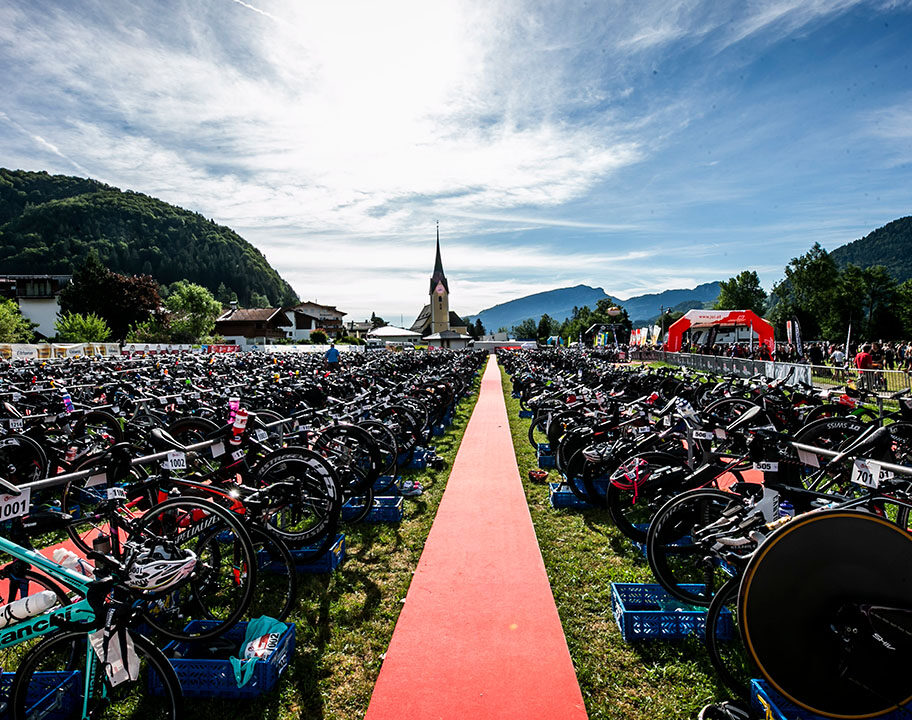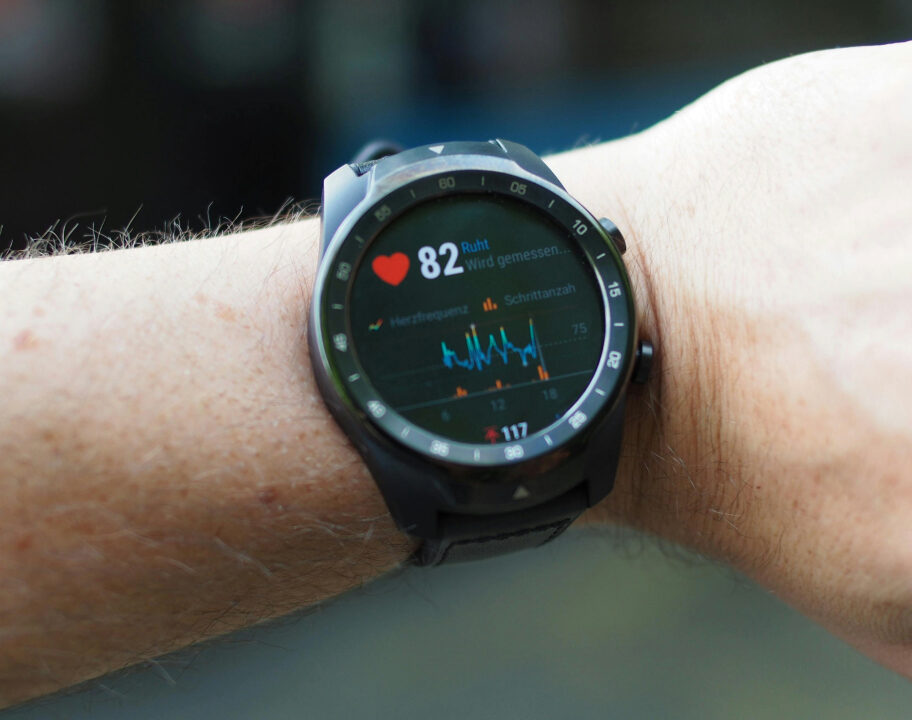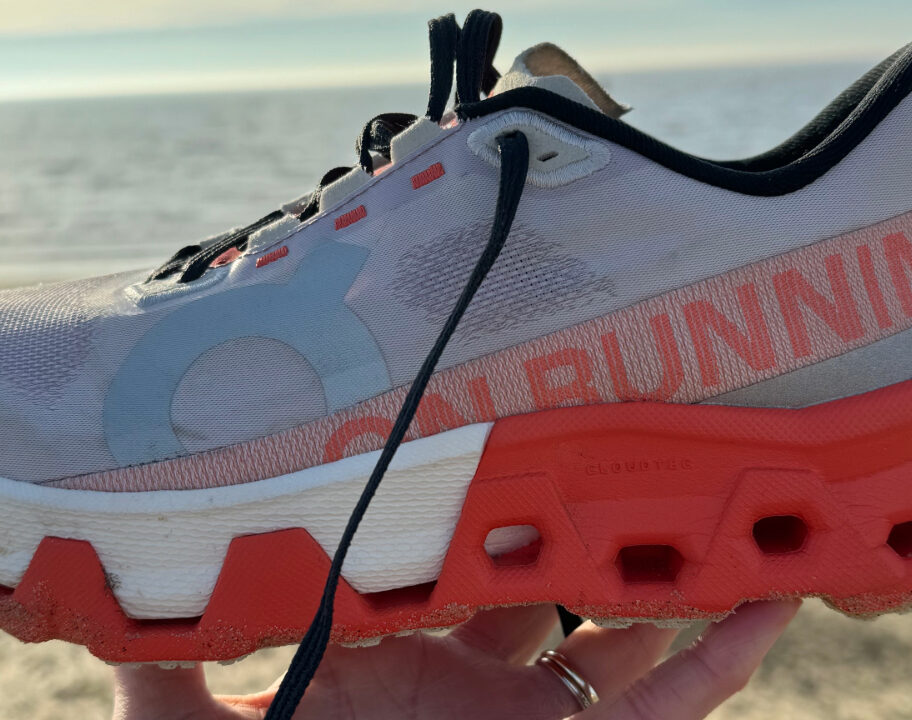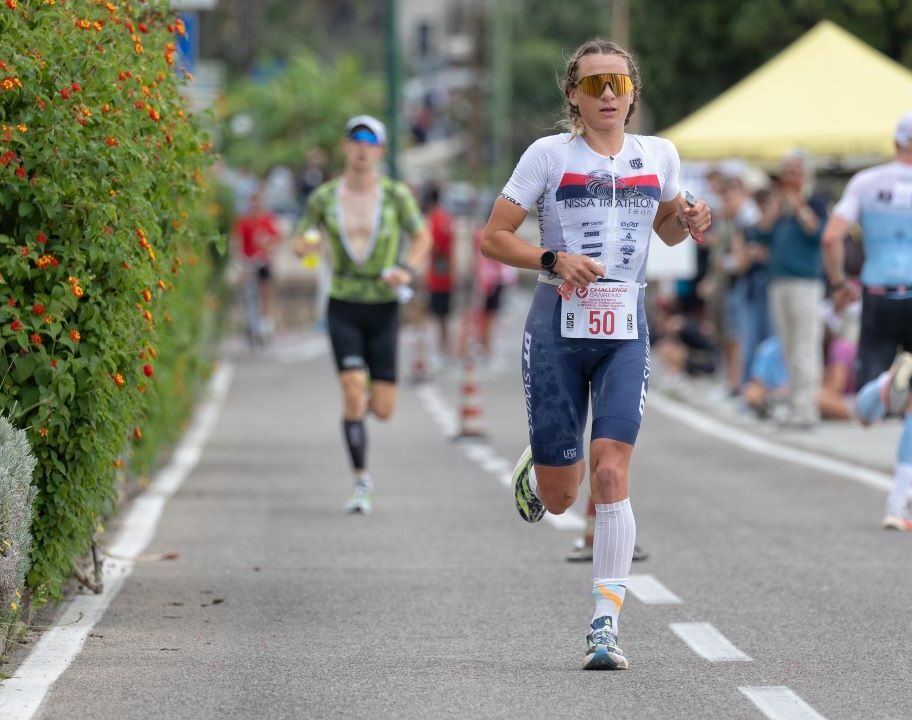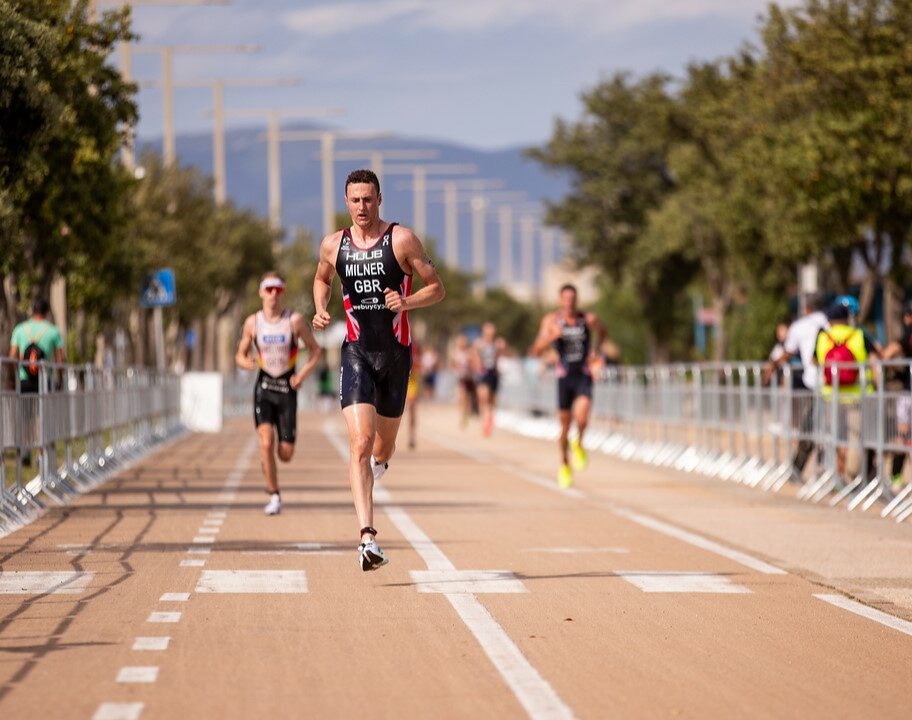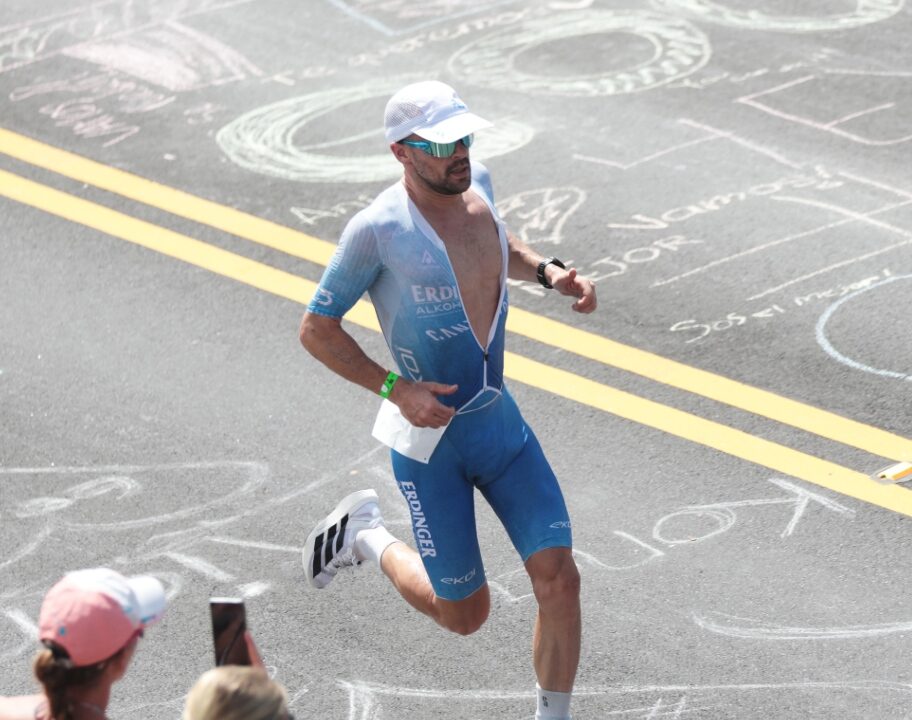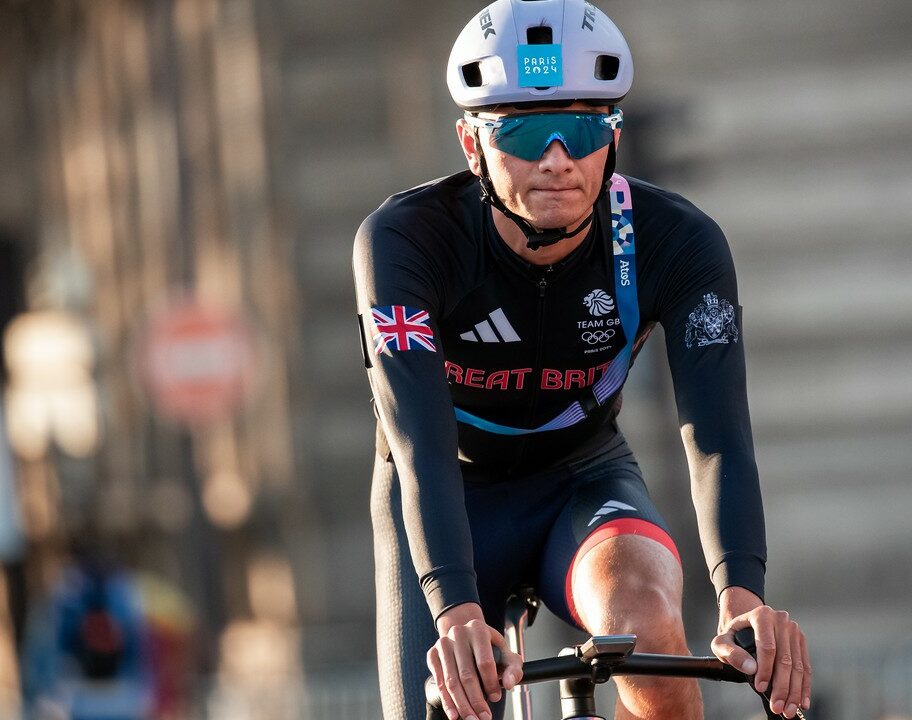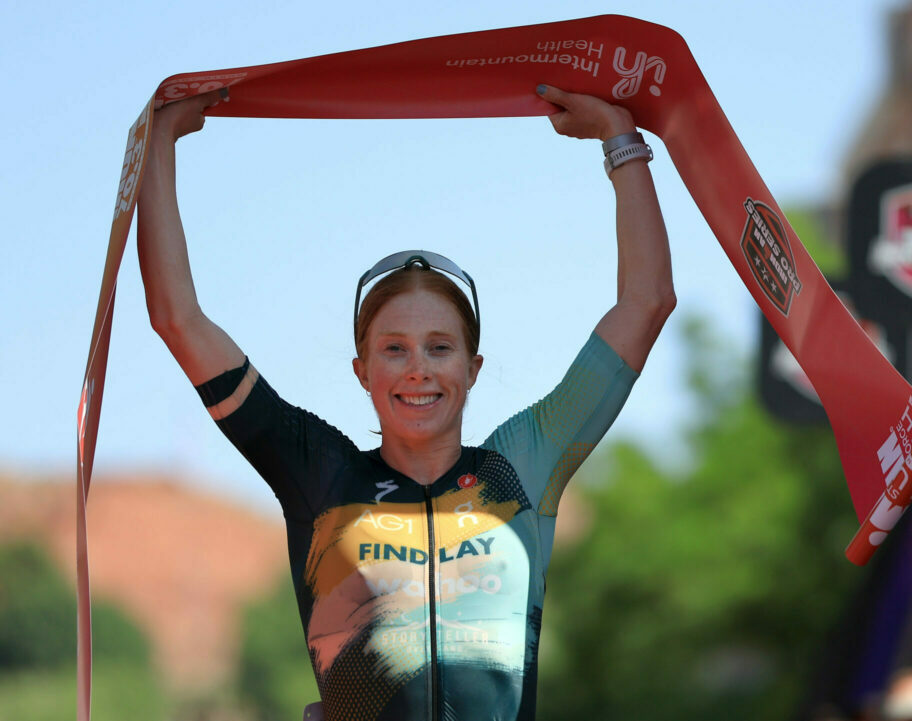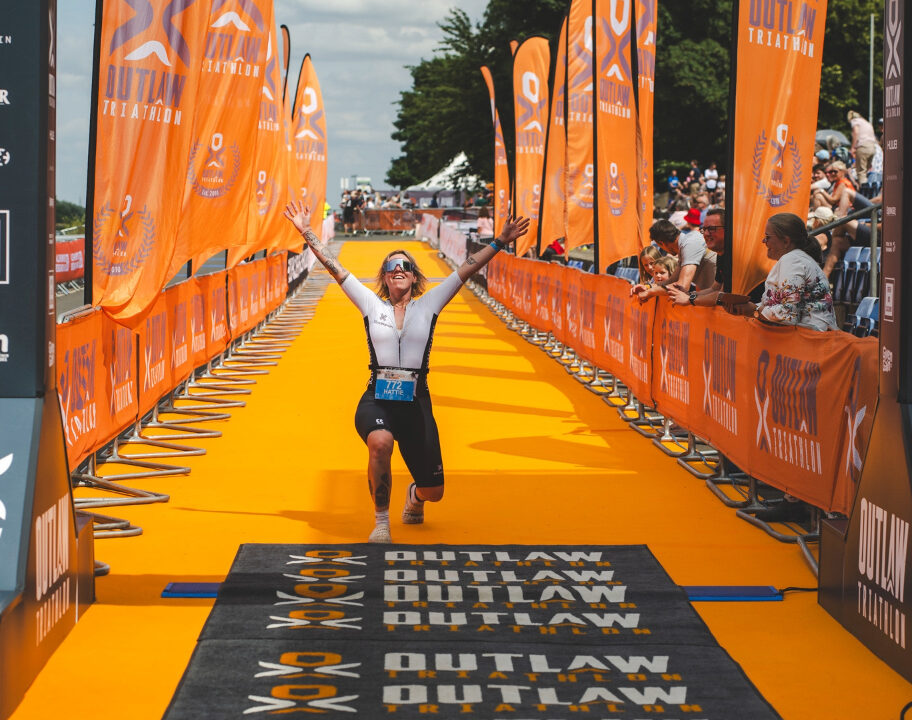David Tilbury-Davis, who coaches top athletes such as PTO World #2 Ashleigh Gentle and has close to three decades of experience in triathlon, is well positioned to provide insight into the current long-course triathlon landscape.
Analysing the future growth of the sport, and the roles played by the PTO and IRONMAN, Tilbury-Davis is wary of the fact there is still plenty of work to be done, just as a number of other commentators begin heralding a golden era of swim/bike/run.
Noting that the need for professional athletes to be increasingly more business-orientated has never been greater, the British mastermind behind results such as Skye Moench’s recent American Ironman record has a fascinating take.
“It is not for the benefit of everyone initially”
Whilst many in the multisport community may wish to believe that a rising tide lifts all boats, Tilbury-Davis believes the nature of the process the PTO and IRONMAN are currently engaged in, namely making triathlon a mainstream sport, means some people are going to be left behind.
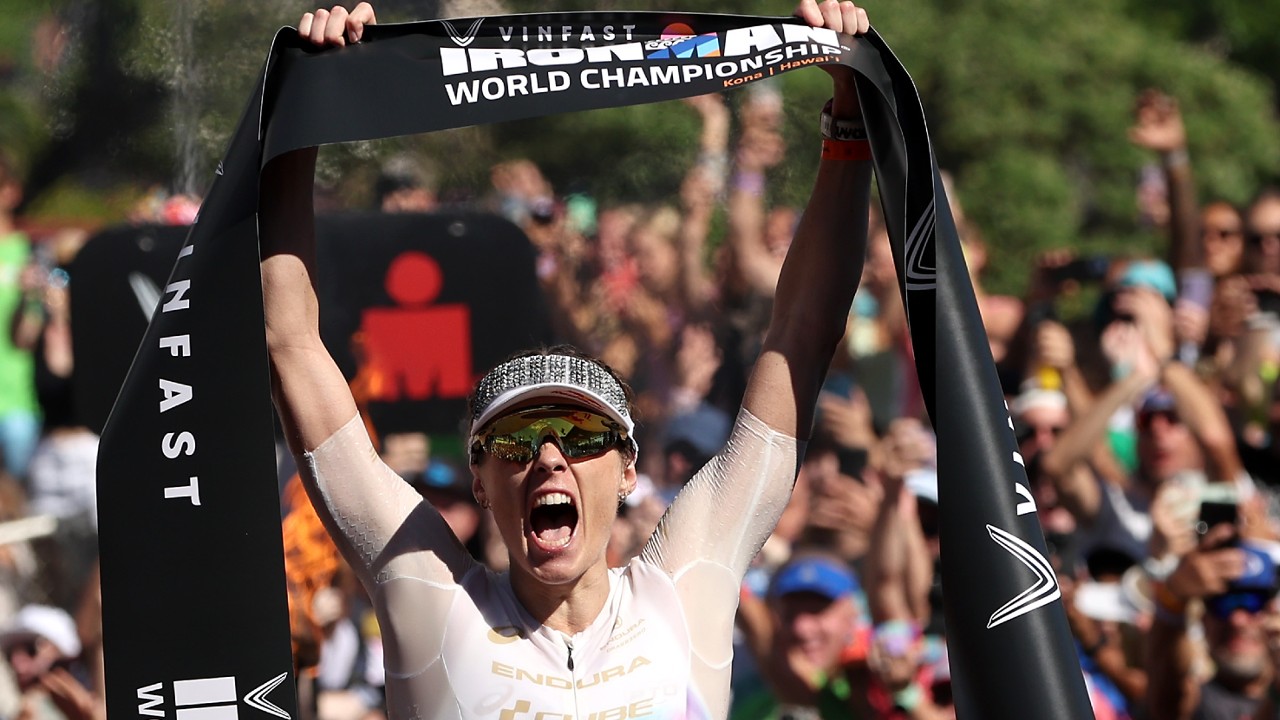
“Firstly, I think there’s some wonderful opportunities to grow the sport. I think what IRONMAN is doing and what the PTO is doing grows the exposure of the sport, and will hopefully attract the right eyes into the sport to make it better for everyone.
“However, the nature of this type of process is that it is not for the benefit of everyone initially. It can only be for the benefit of the top-tier athletes, because they are the ones that are the most marketable, which makes it doubly difficult if you are a young, up-and-coming pro, to crack into the PTO or the top 10 in the IRONMAN rankings.”
Highlighting the recently-announced IRONMAN Pro Series as a prime example of this conundrum, Tilbury-Davis underlines the fact that for many athletes, tailoring their season to chase points in order to rise up the series rankings is a “big financial gamble”.
“The IRONMAN Pro Series is a great opportunity, but I think a lot of people will have to look at that and ask themselves some really hard questions, because the reality of that series is if you don’t believe you are a complete shoe-in to be a top 10 athlete, then it’s a big financial gamble.
“It is a great chance to raise the profile of the big hitters in the sport, but for the people finishing 11-50 in the series, they’re essentially competing to get points to earn $5,000 at the end of the year. Travelling around the world to the races in the series for that then doesn’t seem like a smart business decision.”
Making “better business decisions”
Whilst the PTO and IRONMAN throw money at the biggest names then, what should a lower-ranking professional do? According to Tilbury-Davis, their best bet will to be continue to try and win races – albeit in the lower tiers.
“It is definitely an interesting time, as you will have some long-course athletes who understand the reality is that most sponsors just want to see their athletes cross the finish line and win and raise a banner over their head.
“The smarter athletes will look at the different series and then normal IRONMAN/Challenge events and might see opportunities to end up highly ranked in the Challenge standings, or even get some wins that they can present to sponsors in the other IRONMAN events.
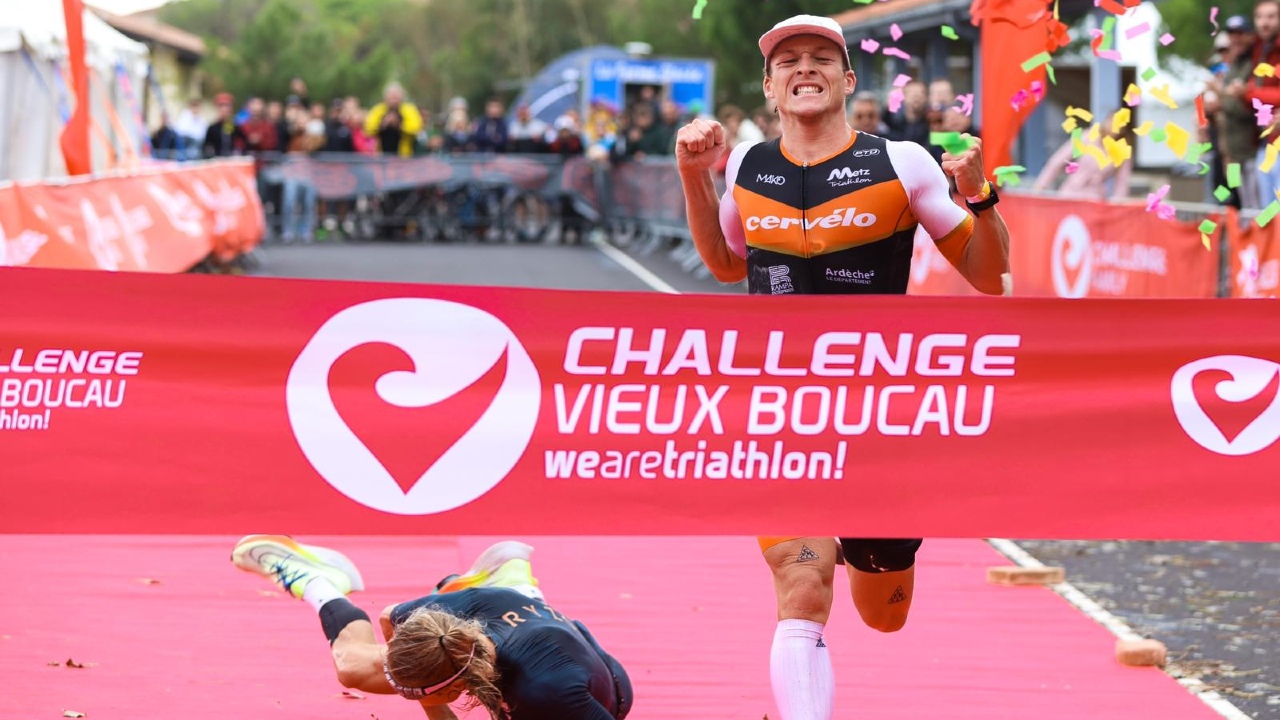
“I think what the PTO, IRONMAN and Challenge Bonus series has done is make athletes start to think in a more business-orientated way with their race planning. If you are an athlete that thinks you’re a shoe-in for the top 10, you’ll do the three IRONMAN Series events. If not, you’ll pick a race that clashes with the series, as it’s a better business decision.”
Can the PTO live up to expectations?
As IRONMAN consolidates its power in both the professional and age-group ranks, the patience given to the PTO’s “athlete-led” initiative is beginning to wane. This trend, says Tilbury-Davis, is not helped by the lack of a concrete calendar set out by the organisation.

“To be honest, I think some people in the sport still have some concerns about the longevity of the PTO, the funding of the PTO and how they are going to evolve the sport. We still don’t know if there are going to be six races or seven races next year, we know there are two confirmed, but for the others we don’t know where they are and as far as I know, no athletes have received contracts yet.
“There is a lot of work to be done. That’s not a criticism, the PTO can’t just snap their fingers and have everything sorted, these things aren’t easy to do, but when you are a coach or a professional athlete and you are trying to plan a season and negotiate with sponsors, it is rough when you have no idea what a potential season might look like.”


